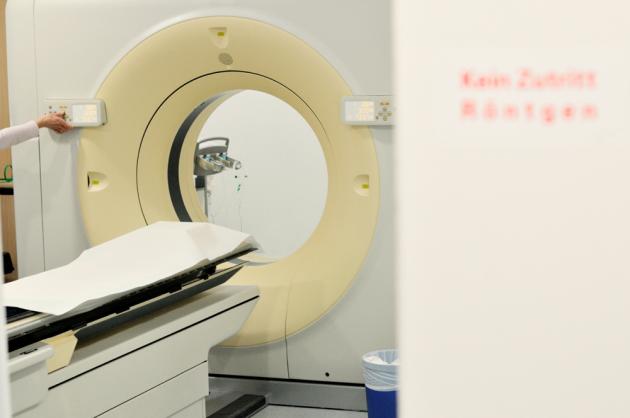Contrary to widespread concerns among medical workers, low-dose CT (computed tomography) has proved as good as general-dose CT, in clinical trials and diagnosis of appendicitis, a recent study shows.
According to a report by the Seoul National University Bundang Hospital분당서울대병원 (SNUBH), 177 researchers studied 3,074 patients with appendicitis admitted to the emergency rooms in 20 large hospitals from Dec. 2013 to Aug. 2017.

As a result, the researchers found that clinical results of low-dose CT were nearly equal to general-dose CT regarding unnecessary appendectomy and appendicitis perforation rates, the hospital said.
CT is a test in which a patient enters a cylinder where X-rays are generated and obtains a cross-section of the human body, and radiation exposure is inevitable.
The 3,074 patients underwent low-dose CT or general-dose CT randomly and 559 of those who took low-dose CT and 610 of those who took general-dose CT appendectomy surgery, according to the report.
The unnecessary appendectomy rate was 3.9 percent and 2.7 percent, respectively. Also, there was no significant difference in the rate of perforation, which proved low-dose CT could replace general-dose CT, it added.
"In Korea, about 90,000 people undergo appendectomy each year, and the number of patients who have CT scans for appendicitis is two to three times that of the surgical population,” said Professor Lee Kyung-ho이경호 of SNUBH. "This study has helped low-dose CT techniques take root at major hospitals Korea and has reduced the risk of potential cancer from radiation exposure.”

